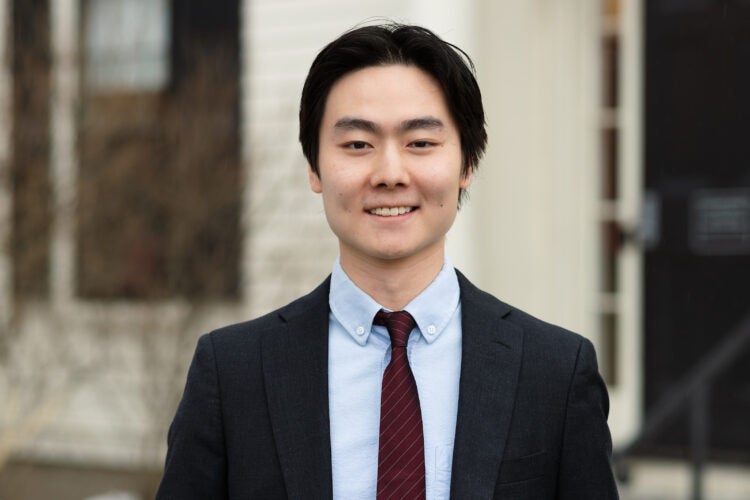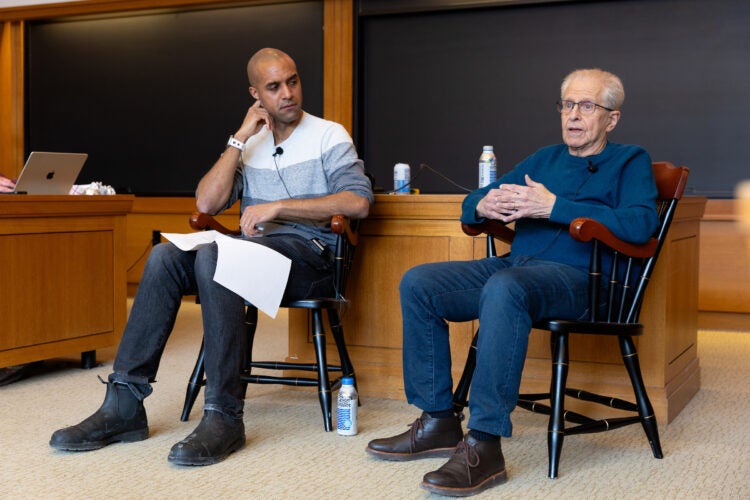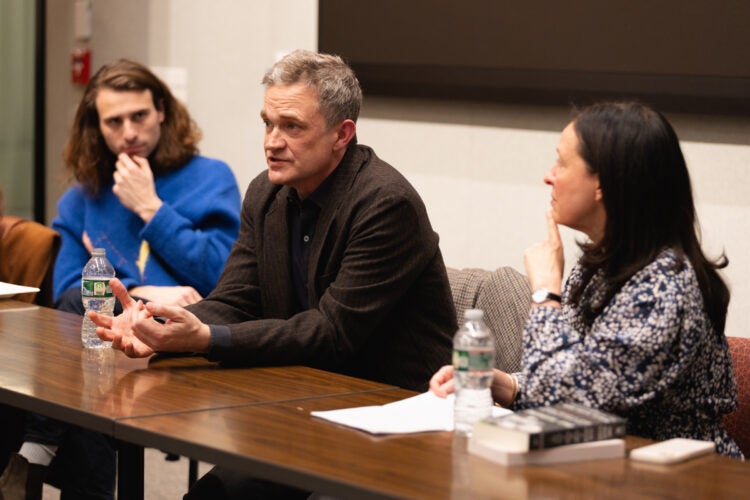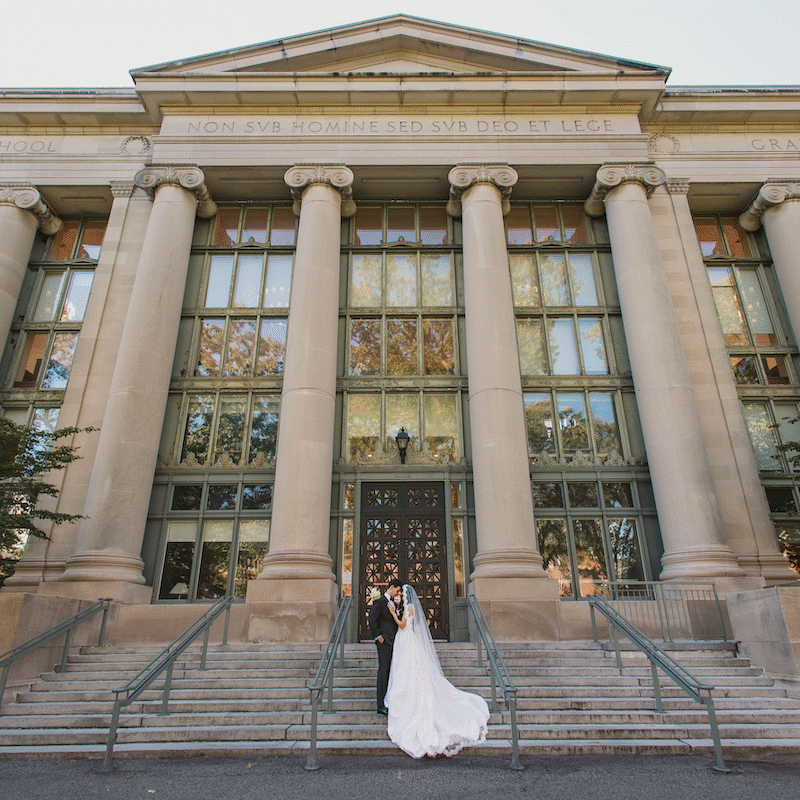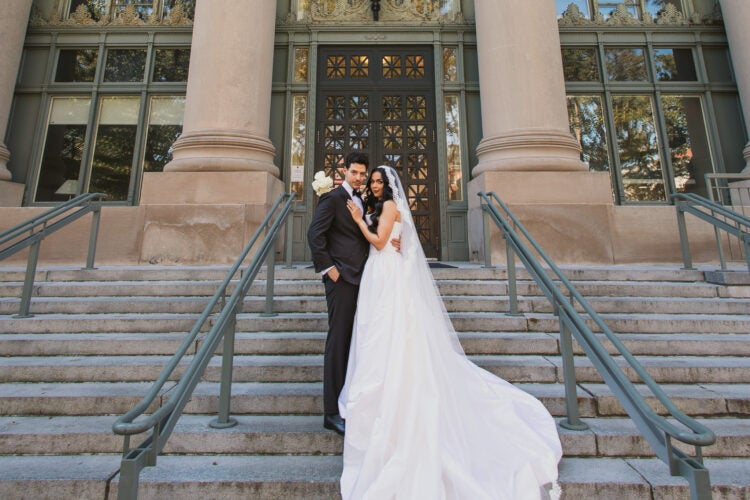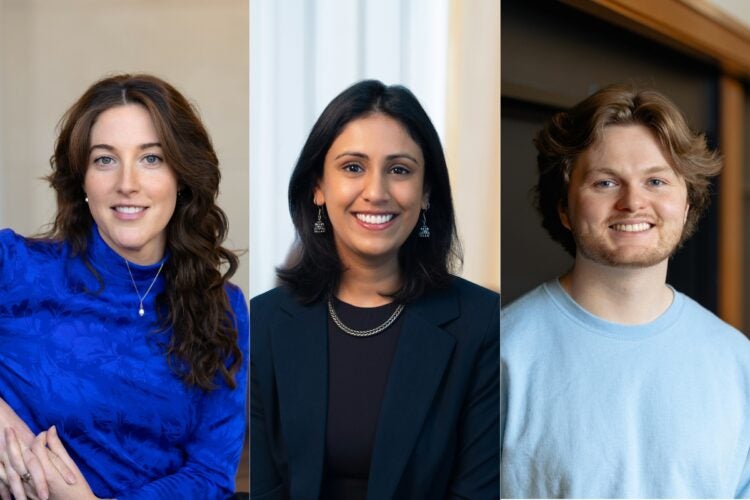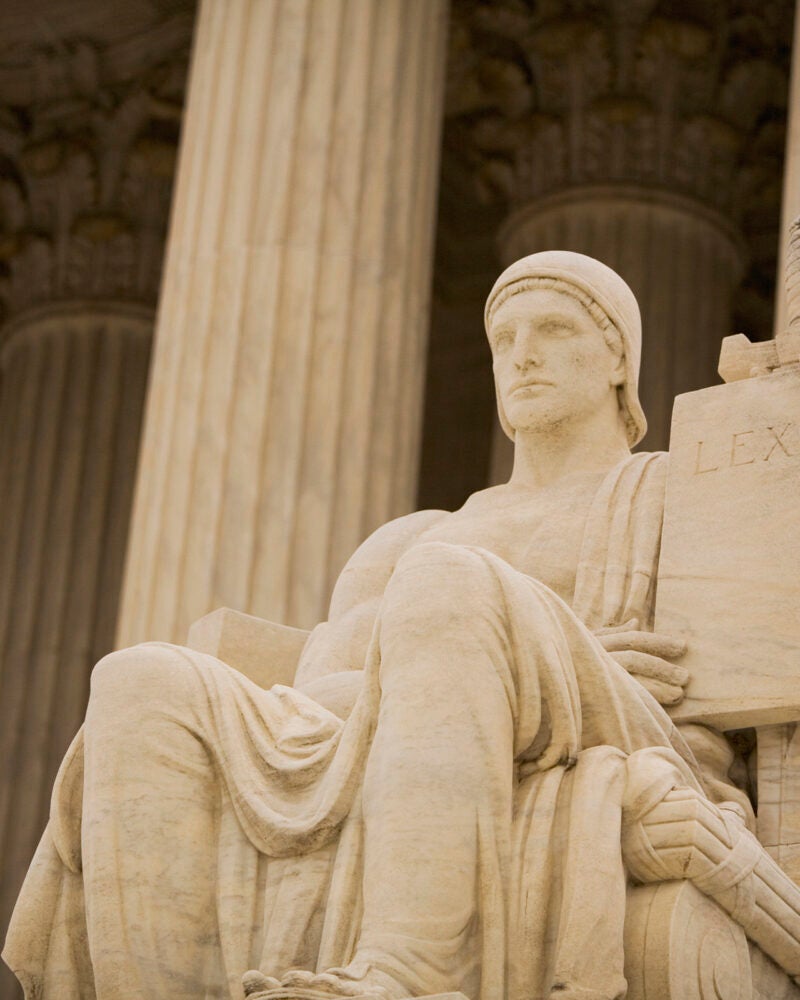Home
Spotlighting Harvard Law School service members and veterans
Each year, Harvard Law School honors the many U.S. Armed Forces members and veterans who have enrolled in both J.D. and LL.M. programs. Here are just some of their stories.
Featured Areas of Interest
- Administrative and Regulatory Law
- American Indian Law
- Animal Law
- Antitrust
- Arts, Entertainment, and Sports Law
- Bankruptcy and Commercial Law
- Children and Family Law
- Civil Litigation
- Civil Rights
- Conflict of Laws
- Constitutional Law
- Criminal Law and Procedure
- Contracts
- Comparative Law
- Corporate and Transactional Law
- Courts, Jurisdiction, and Procedure
- Disability Law
- Education Law
- Election Law and Democracy
- Employment and Labor Law
- Environmental Law and Policy
- Finance, Accounting, and Strategy
- Financial and Monetary Institutions
- Gender and the Law
- Health, Food, and Drug Law
- Human Rights
- Immigration Law
- Intellectual Property
- International Law
- Jurisprudence and Legal Theory
- Law and Economics
- Law and Philosophy
- Law and Political Economy
- Law and Religion
- Leadership
- Legal History
- Legal Profession and Ethics
- LGBTQ+
- National Security Law
- Negotiation and Alternative Dispute Resolution
- Poverty Law and Economic Justice
- Private Law
- Property
- Torts
- Race and the Law
- State and Local Government
- Tax Law and Policy
- Technology Law and Policy
- Trusts, Estates, and Fiduciary Law
- More
500+ Courses & Seminars
47 Clinics & Student Practice Orgs
88 Student Organizations
Limitless Possibilities





